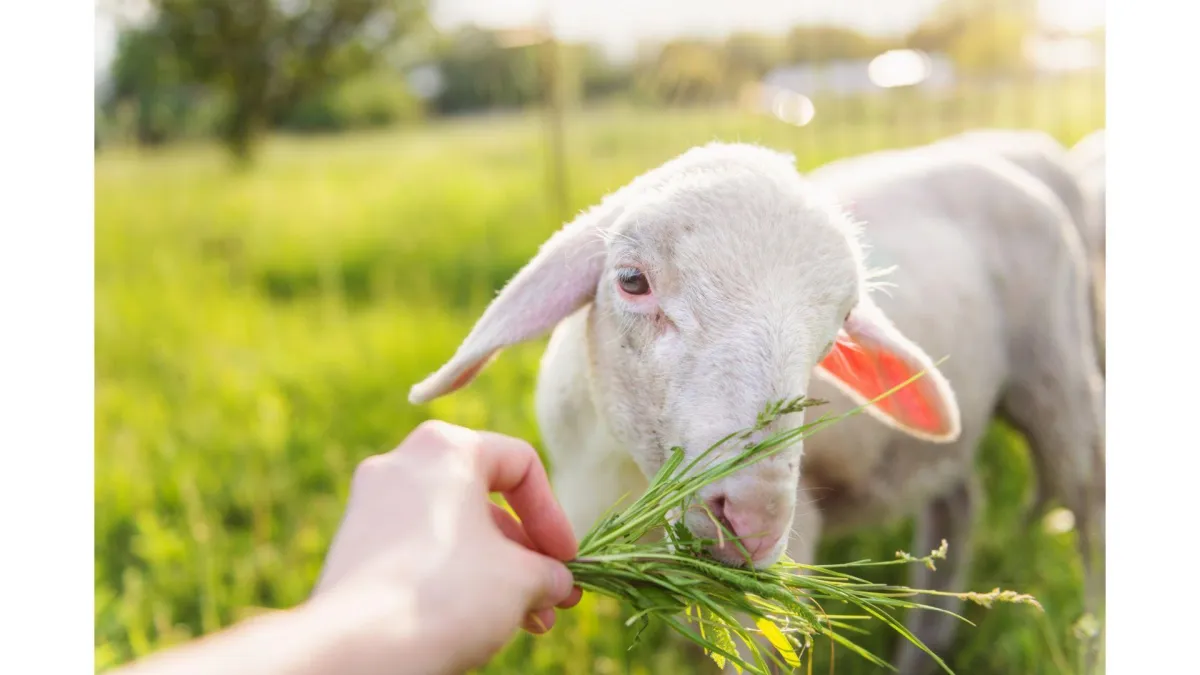
Ill-Thrift
Some animals lose weight or fail to thrive even when pasture appears plentiful. This condition, often referred to as ill-thrift, has many potential causes. If you're noticing poor condition in your livestock, here’s how to identify the problem and what you can do about it.
Signs of Ill-Thrift
Ewes steadily losing weight despite good feed
Lambs not growing well
An old thoroughbred horse thin on lush pasture
House cow or dairy goat extremely lean despite supplementary feeding
Lean beef steers without obvious cause
Roadside goats appearing emaciated
If you recognise any of these issues, it’s time to investigate.
Rule Out Poor Nutrition and Worm Burden
First, ensure animals have access to adequate, high-quality feed. If that’s in place, gastrointestinal worms are the next most likely cause. Even without scouring, worms can impact condition. Consult your vet for a strategic drenching plan and consider faecal egg counts.
Other Common Causes of Ill-Thrift
Sheep
Lambs under 6 months:
Chronic infections (navel ill, arthritis, pneumonia)
Cobalt/vitamin B12 deficiency
Selenium deficiency
Drench gun injuries
Lambs over 6 months and adults:
Selenium or cobalt deficiency
Chronic disease (foot abscess, liver damage, pneumonia)
Johne’s disease (sheep over 2 years)
Fungal toxins in pasture (facial eczema, mycotoxins)
Dental issues or intestinal tumours (mature ewes)
Goats
Kids under 6 months:
Chronic infections
Selenium or iodine deficiency (goitre)
Older goats:
Selenium deficiency
Chronic disease (foot rot, pneumonia)
Johne’s disease (typically with diarrhoea)
Note: Goats tethered on roadsides are often underfed, lacking palatable pasture, clean water, or shelter.
Cattle
Selenium or copper deficiency
Chronic disease (liver disease, pneumonia)
Ragwort poisoning
Johne’s disease (usually with diarrhoea)
Facial eczema (typically with sun damage to white skin)
Woody tongue (causes drooling and hard facial swellings)
Horses
Dental problems: Uneven or sharp teeth can cause pain and poor chewing. A vet or equine dentist can rasp the teeth.
Chronic pain: Lameness from laminitis, abscesses or arthritis can make grazing difficult.
Liver disease: Often linked to ragwort poisoning, requires veterinary diagnosis.
Stress: Poor shelter, cold weather, or isolation can suppress appetite. Thin-skinned breeds like thoroughbreds need extra support in winter.
Big Bellies Don’t Mean Fat
Thin animals can still have large bellies due to roughage, gas, and fluid in the intestines. If ribs and pelvis bones are prominent, the animal is underweight.
Lactating Cows and Goats
Some animals seem to "milk off their backs" during lactation, losing condition despite good feeding. Supplement with concentrate feed to maintain weight until lactation tapers off.
Conclusion
If livestock on your block aren’t gaining weight, don’t assume they’re simply poor doers. Nutritional deficiencies, disease, parasites, stress and environmental factors all play a role. Rule out worms and poor feed, then work with your vet to investigate further.
For more detailed help with livestock health and pasture management, explore our online livestock courses and resources on internal parasites.

